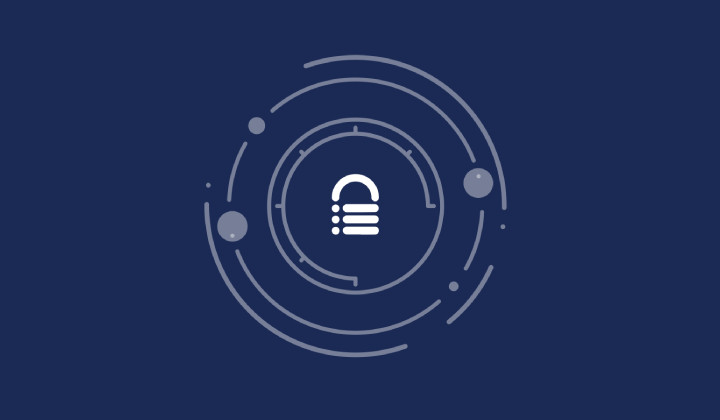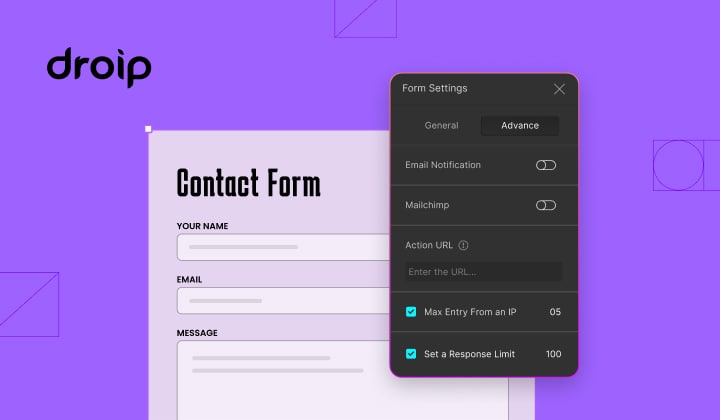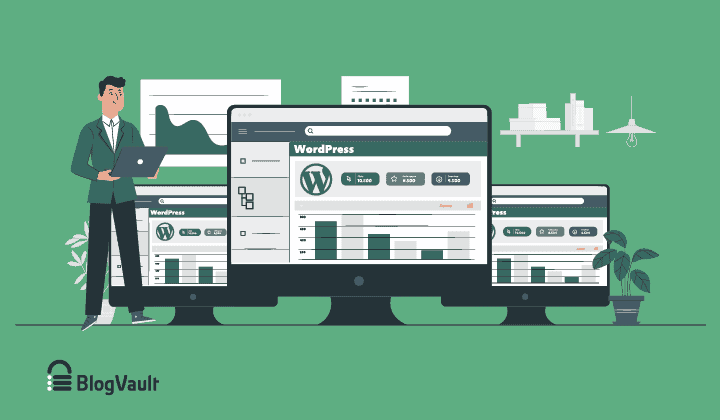Cloud WordPress Backups Are Only Good When They’re Independent
Bulletproof Backups for Your WordPress Website
Fortify your business continuity with foolproof WordPress backups. No data loss, no downtime — just secure, seamless operation.

Cloud WordPress backups are good when they are independent. They might not be if you’re using your personal cloud storage accounts(for example on Dropbox, Drive or Amazon S3). Read on to know how and why you shouldn’t do it.
We know that following best practices to make WordPress backups means that your backups should not be dependent on your website/server/web host. This means that you must be able access and use your backups without having to access your WordPress site/server/web host. These kind of backups are known as independent backups and are according to best practices of performing WordPress backups.
However, it is easy to think that off-site backups are the same as independent backups. They are not. This is because off-site WordPress backups are not necessarily independent. This is has to do with how WordPress plugins upload backups to your accounts.
All independent backups are off-site. But not all off-site backups are independent! https://t.co/j3DWr7qHLN
— blogVault (@blogVault) January 26, 2017
WordPress Backups Compromised by API Keys
Plugins which upload your WordPress backups to your Amazon S3, Drive, or Dropbox accounts usually store a copy of your account’s API key on your site. This is what allows those plugins to interact with your accounts, and upload backups. This is part of the setup procedure for many (if not all) backup plugins.
While making automatic uploads to an off-site location is a convenient option, doing so by storing API keys may not be the safest option for you. The simple reason for this is that it is the same as leaving the keys to your bank vault in your living room. The whole point of a vault is to secure whatever you store in there from being burgled. If you leave the keys to the vault, then you have granted access. Backups are also like your most precious possessions. They are what you depend on in your hour of need; hence they must be completely independent of your site.
Continuing from the previous point, if you are using a security key from your Amazon S3 account in multiple locations then your backups may be in trouble even if your site is safe. Even if one of the sites using that particular security key is hacked then the hacker has access to all the contents on that account.
This is why BlogVault does not ask users for personal accounts but automatically stores multiple copies of backups in different destinations. All these copies are also encrypted; providing your data and additional layer of security. You can access them independent of your web host or WordPress site via your BlogVault dashboard.
Limited Storage Space
One of the major attractions of using these storage services as destinations for your WordPress backups is that they offer free storage space. However, if you make backups daily (as you should), and you have large site, then this may not be enough.
This is even more true if you are using the account for reasons other than backups or you are backing up multiple WordPress sites with the same account. Pretty soon you may find yourself paying extra for storage space. So, the economic benefits of not paying for storage may not stand for long; and these economic benefits are anyway diminished when compared to security concerns.
Cloud WordPress Backups in Personal Accounts May Equal Personal Data
In case of a hack, losing your backups and your business or blog data may be bad enough but that will certainly not be the end of it. The risk of using a personal storage account is simply too great when you consider that other information you store on the account which may be of a personal nature can also be at risk.
Restoring WordPress Backups
All backups have one purpose; restores– to recreate your site using your WordPress backup. Firstly you must have backups to use. Secondly, those backups must be functional and easy to restore. When you are using your personal accounts configured with the backup plugin on your site, both cannot be taken for granted.
The first point has been addressed in the very beginning of this list. As for the second point, even though you may have backup files, if they are altered in any way or are not secure, then using those backups to restore your WordPress site will do more harm than good to your business. BlogVault allows you to Test Restore your backups with a single-click. This way you will not be in doubt.
Even if the files are functional, backups are often uploaded in .zip folders. You may have to spend a considerable amount of time finding the right backup version to restore your site and then upload then .zip folder to your plugin to restore your site. However, this is not possible when your entire site is down because your backup plugin was on your site too. This is why you must be able to access and restore/migrate your backups completely independent of your WordPress site.
On the other hand if you manage to get your site running, then there still may be issues. Restoring a large site takes time and server resources. For this reason, they are, many times cut off. This makes full restores of large sites nearly impossible on some accounts; especially on shared hosting.
Cloud WordPress Backups Must Be Independent
If you have not checked your backups because your WordPress site is working fine at the moment, then you may be left with an unwanted surprise when your website goes down in the future.
Use best practices and opt for a service which will provide a comprehensive WordPress backup solution that will keep you worry-free, allowing you to enjoy the ride.
Tags:
Share it:
You may also like

How to Limit Form Submissions with Droip in WordPress
Forms are an indispensable part of any website because of their versatility, letting you collect information for various purposes! However, people with ill intentions often attempt to exploit these forms…

How To Manage Multiple WordPress sites
Management tools help agencies become well-oiled machines. Each task is completed with the least amount of effort and highest rate of accuracy. For people managing multiple WordPress sites, the daily…

PHP 8.3 Support Added to Staging Feature
We’ve introduced PHP version 8.3 to our staging sites. Test out new features, code changes, and updates on the latest PHP version without affecting your live website. Update PHP confidently…
How do you update and backup your website?
Creating Backup and Updating website can be time consuming and error-prone. BlogVault will save you hours everyday while providing you complete peace of mind.

Updating Everything Manually?
But it’s too time consuming, complicated and stops you from achieving your full potential. You don’t want to put your business at risk with inefficient management.

Backup Your WordPress Site
Install the plugin on your website, let it sync and you’re done. Get automated, scheduled backups for your critical site data, and make sure your website never experiences downtime again.




